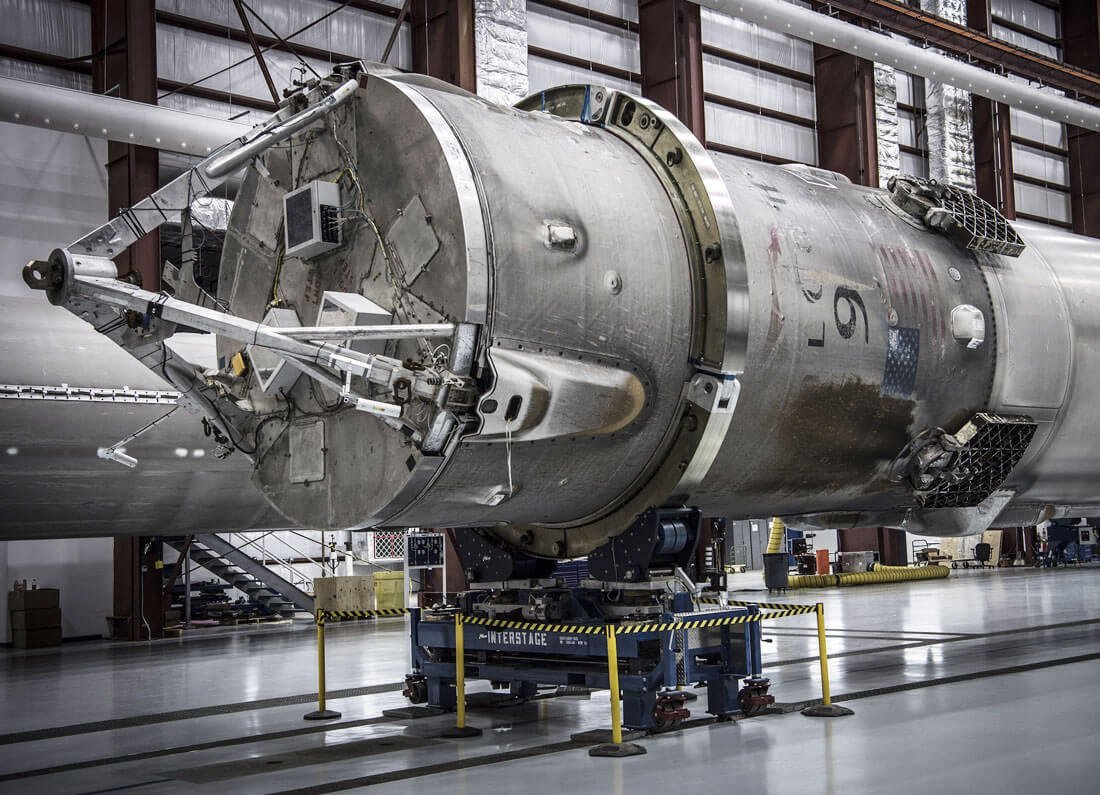Explore why human critical thinking matters more than machine intelligence in today’s AI-driven world. Understand the ethical, creative, and educational challenges of over-reliance on technology.
Introduction
In today’s era of artificial intelligence and automation, machines are capable of performing complex tasks that once required human intelligence. From AI-powered assistants to autonomous vehicles, technology is everywhere. Yet, the real question is not whether machines are thinking, but whether humans are thinking critically, ethically, and creatively. As the famous quote goes: “The real problem is not whether machines think but whether men do.”
human thinking, artificial intelligence, critical thinking, ethical decision-making, AI in daily life
Machines vs. Human Thinking
Artificial intelligence can process massive amounts of data and make decisions faster than humans. However, AI lacks consciousness, moral judgment, and intuition. While machines can simulate decision-making, they cannot reflect on consequences or understand human values.
The danger arises when humans over-rely on machines, assuming technology can replace thoughtful analysis. True progress depends not on machines thinking but on humans thinking deeply.
AI limitations, human cognition, machine intelligence
The Importance of Critical Thinking
Critical thinking is the ability to analyze, evaluate, and synthesize information objectively. In an age of information overload, this skill is crucial. Unfortunately, dependency on technology can erode our critical thinking abilities.
For instance, many people accept AI-generated recommendations or online information without questioning its validity. This blind reliance can lead to poor decisions and intellectual passivity.
critical thinking skills, information overload, technology dependence
Ethics and Decision-Making
Machines can assist in decision-making, but ethics remain uniquely human. In medicine, AI can suggest treatments, but doctors must consider patient values, quality of life, and consent. In law enforcement, algorithms may predict trends, but humans must prevent bias and injustice.
The core problem is humans failing to think ethically. Machines lack morality; therefore, human oversight is essential for responsible decision-making.
ethical decision-making, AI ethics, human responsibility
Creativity and Innovation
Human creativity involves imagination, intuition, and the ability to connect ideas in unique ways. While AI can generate art or music based on patterns, it lacks true originality.
If humans stop engaging in creative thought, we risk stagnation. Original ideas and innovations require active reflection and questioning, qualities that cannot be programmed into a machine.
human creativity, AI creativity, innovation
Education and Mental Engagement
Modern education faces a paradox: abundant information, but reduced engagement. Students often rely on machines to provide answers instead of thinking critically.
Education must prioritize problem-solving, ethical reasoning, and independent thinking. Machines are tools, not replacements for human intellect.
education and AI, critical thinking in schools, learning with technology
Human Responsibility in the Age of AI
As AI becomes more capable, human responsibility grows. Technology is neutral; its impact depends on how humans use it. Blind trust in machines can lead to ethical, social, and practical issues.
For example, AI in finance or healthcare may optimize efficiency but cannot replace human judgment in complex or morally sensitive scenarios.
AI responsibility, human oversight, technology impact
Conclusion
The real challenge today is not the intelligence of machines but the engagement of human minds. Machines can process, calculate, and predict, but humans provide morality, creativity, and critical thinking.
“The real problem is not whether machines think but whether men do” reminds us that progress depends on active, thoughtful, and ethical human engagement. In an AI-driven world, human thinking is our greatest asset.
human thinking vs machine intelligence, AI and ethics, critical thinking importance










Leave a Reply